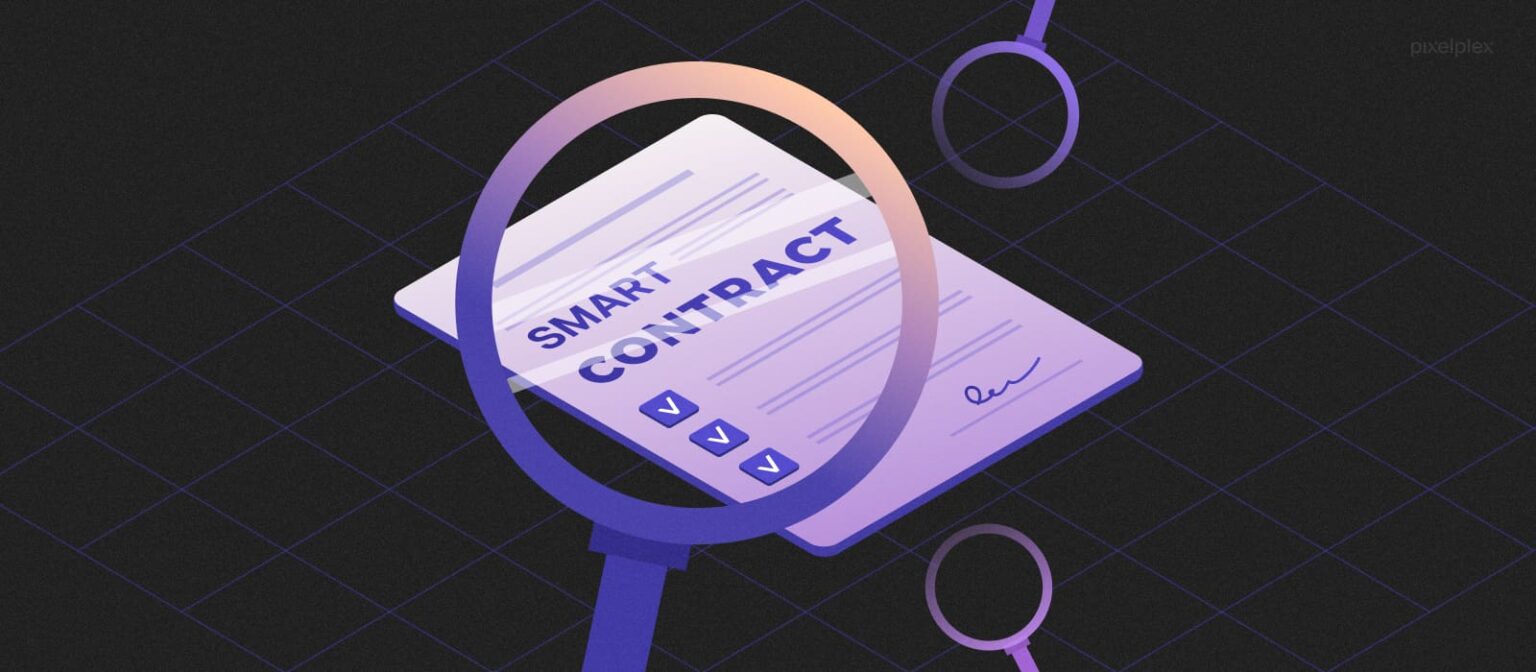Why Good Contract Audits Matter
Smart contracts are automated executions that occur as soon as the situations are met. Of their flawed states, hackers can use them to their benefit. There have been many good contract mishaps, particularly the DAO in 2016, which prices thousands and thousands of {dollars} in losses. Correct auditing ensures:
- Detection of safety flaws and vulnerabilities.
- Compliance with greatest coding practices.
- Optimization for effectivity and cost-effectiveness.
- Prevention of malicious exploits.
Human Audits: Strengths and Limitations
Human auditors have been the usual for good contract safety. They analyze code manually, determine points, and recommend fixes. Listed here are their key strengths:
Strengths:
- Deep understanding – Skilled auditors can acknowledge complicated vulnerabilities that automated instruments may miss.
- Contextual evaluation – People can interpret contract logic and assess whether or not it aligns with the meant function.
- Inventive problem-solving – Auditors can assume like hackers, predicting unconventional assault vectors.
Limitations:
- Time-consuming – A guide audit can take days and even weeks.
- Excessive price – Hiring professional auditors is dear.
- Human error – Even skilled professionals can overlook delicate bugs.
AI-Powered Audits: Strengths and Limitations
AI-driven auditing instruments analyze good contract code utilizing machine learning and sample recognition. These instruments can shortly determine recognized vulnerabilities and recommend fixes.
Strengths:
- Pace and effectivity – AI can scan 1000’s of strains of code inside minutes.
- Price-effective – Automated instruments cut back the necessity for costly guide audits.
- Constant and goal – AI doesn’t endure from fatigue or bias.
Limitations:
- Restricted contextual understanding – AI could flag points that aren’t precise vulnerabilities.
- Dependence on information – The effectiveness of AI will depend on the standard of its coaching information.
- Lack of ability to foretell novel assaults – AI is powerful at recognizing recognized vulnerabilities however struggles with new assault strategies.
A side-by-side comparability of human and AI audits helps spotlight their variations:
|
Function |
Human Audits |
AI Audits |
|
Pace |
Sluggish, takes days/weeks |
Quick, completes in minutes |
|
Price |
Excessive, requires expert specialists |
Decrease, requires minimal manpower |
|
Accuracy |
Can determine complicated points |
Efficient for recognized points |
|
Contextual Evaluation |
Sturdy, understands intent |
Weak, depends on predefined guidelines |
|
Restricted, wants guide effort |
Excessive, can audit a number of contracts concurrently |
The Future: Combining AI and Human Experience
The perfect method to good contract auditing is a hybrid one. AI can deal with preliminary checks, detecting widespread points shortly. Human auditors can then conduct deeper analyses, specializing in complicated vulnerabilities. This mix maximizes effectivity and safety.
Advantages of a Hybrid Strategy
- Sooner audits – AI reduces the workload for human auditors.
- Improved accuracy – Combining human instinct with AI detection minimizes errors.
- Higher price administration – Decreasing guide workload lowers auditing bills.
- Stronger safety – A dual-layer method gives complete safety.
The way forward for good contract audits lies in balancing AI automation with human experience. AI brings velocity and effectivity, whereas human auditors present deep evaluation and inventive problem-solving. As blockchain adoption grows, guaranteeing good contract safety can be essential.
A hybrid auditing method affords the very best of each worlds, bettering safety whereas optimizing time and price.
